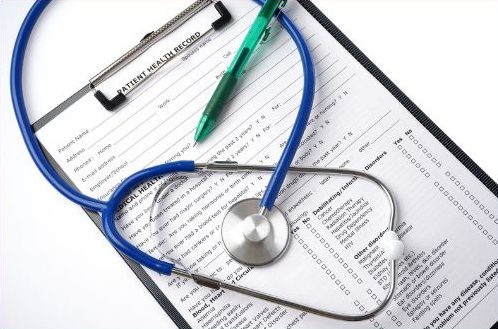Long hauler, a term that we used to associate with truck drivers, has taken on a far more ominous meaning.
In the age of Covid-19, a long hauler now refers to a Coronavirus Long Hauler. Covid-19 symptoms can last weeks or even months for some people. These patients are given the unenviable name “long haulers”. These patients have, in theory, recovered from the worst impacts of Covid-19 and have tested negative. However, they still suffer from symptoms and there seems to be no consistent reason why this is happening.
Current estimates say that about 10% of Covid-19 patients become long haulers. But with the various mutations occurring and the still present reluctance from many people to get vaccinated, this number may rise. This condition can affect anyone – young or old, otherwise healthy people and those suffering from other conditions. Some patients report feeling better, but then relapse after a few weeks or months. According to the California Workers Compensation Institute (CWCI) there was 103,712 work-related Covid-19 claims reported in 2020, couple that with all future claims, you can be looking at a substantial number of long haulers moving forward.
With so much uncertainty surrounding long-term Covid-19 cases, workers’ compensation braces for long term impacts. Many states, including California, have enacted Covid-19 workers compensation presumptions.
Under California’s workers compensation system, employees need to present some medical evidence that their illness or injury was related to work in order to qualify for benefits. To meet this threshold, workers need to establish a reasonable factual basis for asserting that they were injured while working.
However, California’s presumption law (Senate Bill 1159) establishes a worker’s compensation presumption that will apply to most employers in the state that have a Covid-19 outbreak through 2022. This means that it is much more likely that a worker’s infection will be covered under workers compensation. The law shifts the burden of proof to presume that covered workers who contract Covid-19 did so at work, unless the employer can prove otherwise. The presumption is that a Covid-19 related illness arose out of and in the course of the worker’s employment if they test positive during a Covid-19 outbreak at the worker’s specific place of employment.
SB 1159 adopts a complicated outbreak analysis that establishes a rebuttable presumption that will apply if an outbreak occurs based on the number of employees and whether the place of employment was closed by public authorities due to the risk of infection. The presumption is in place until January 1, 2023.
Couple the number of Covid-19 related cases with the fact that many essential jobs also result in large numbers of workers compensation, one can envision a workers compensation system that will be put under increasing amounts of stress. Faced with such a situation, insurance carriers may take this opportunity to push back on settlements or to even simply drag their feet in an effort to marshal funds to deal with the huge number of Covid-19 related claims. And while, most people who survived their exposure to Covid-19 do not suffer from long term effects, this pressure on the workers compensation system may very well have a terrible and direct effect on the long haulers as they fight to not only to deal with the long-term impact of the virus, but also must contend with insurance carriers who are dragging their feet.
This why it is more important than ever for employees who are injured while working to make sure that they are taking every step to protect their rights. While Covid-19 related injuries are the hot button issue of the day, essential workers were still doing their jobs and suffering non-Covid-19 related injuries. MSA Meds is here to help you navigate post settlement and to work with you to maximize the longevity of your settlement funds.


